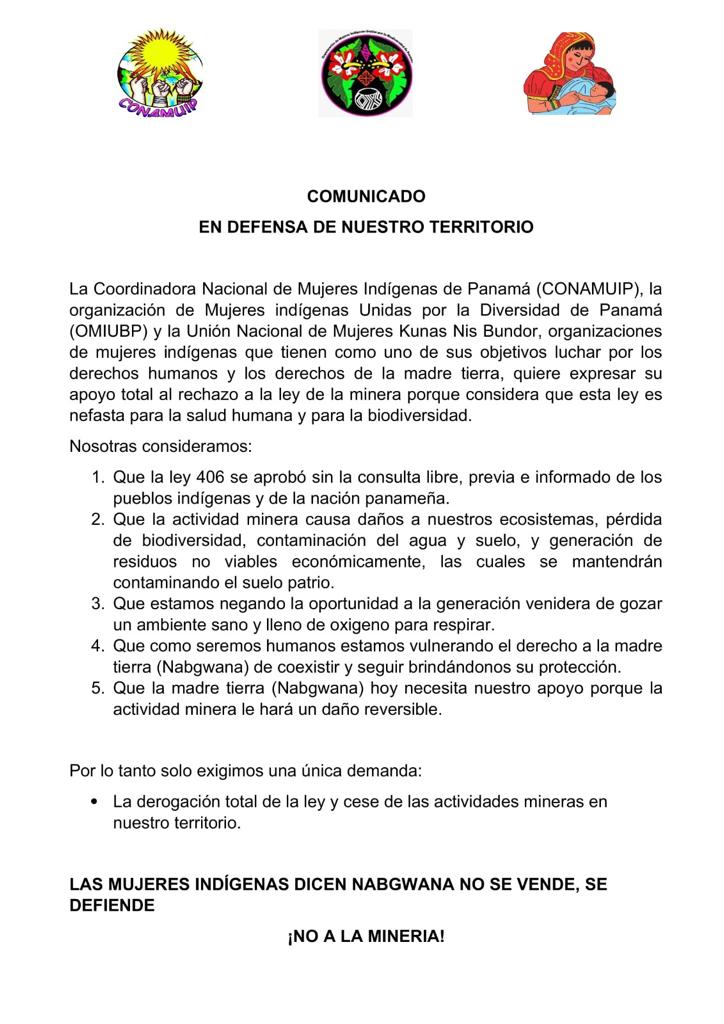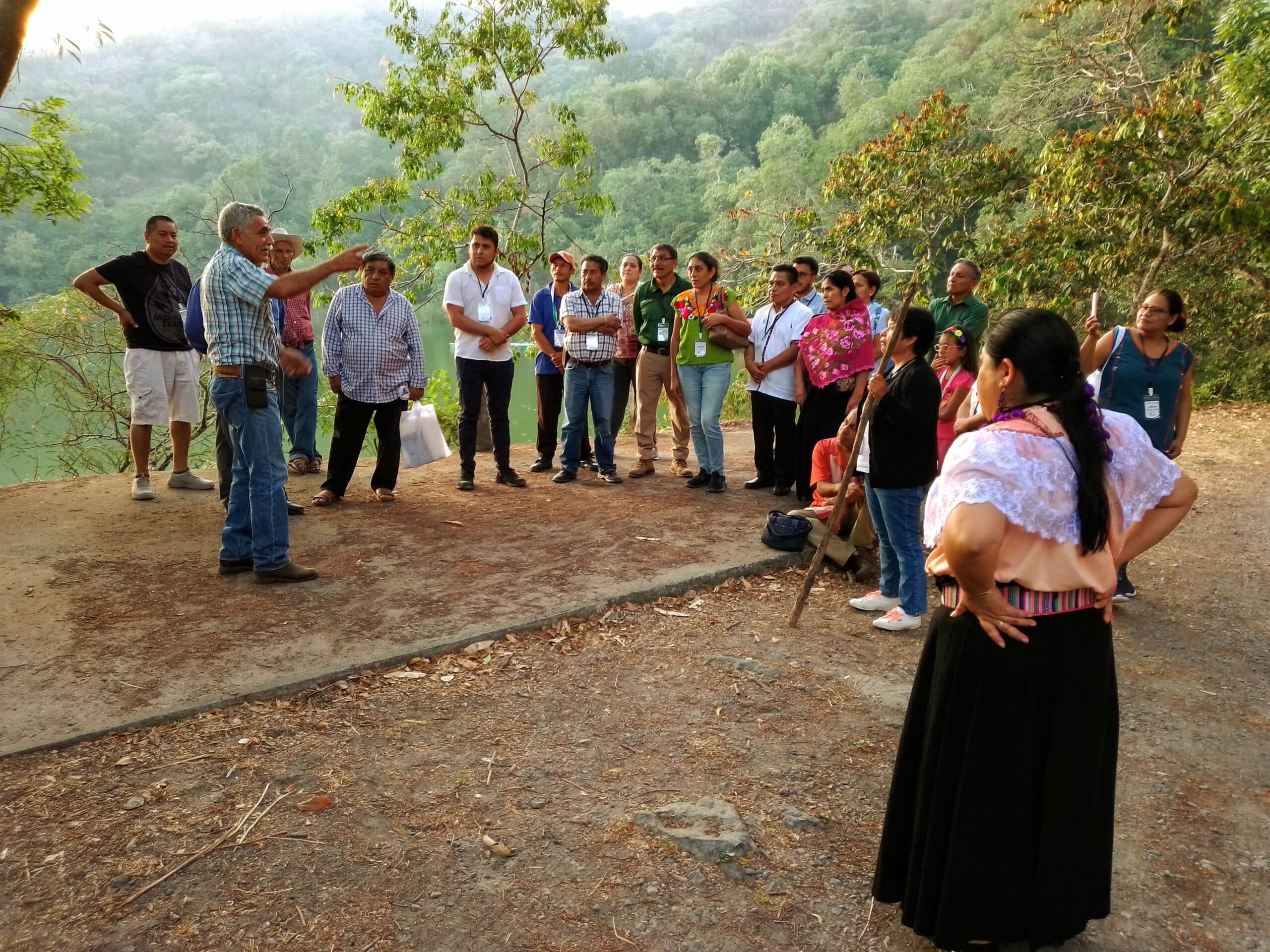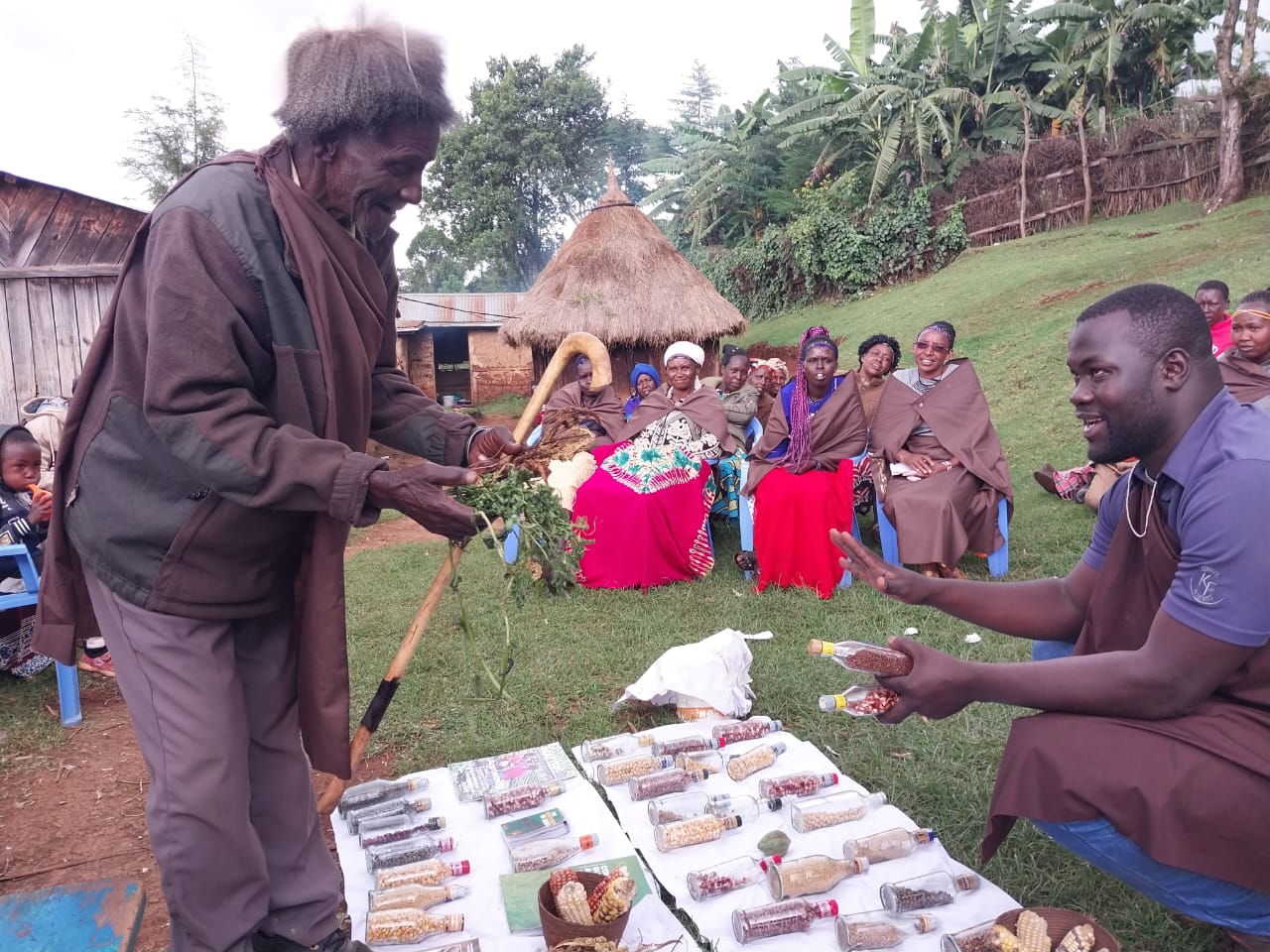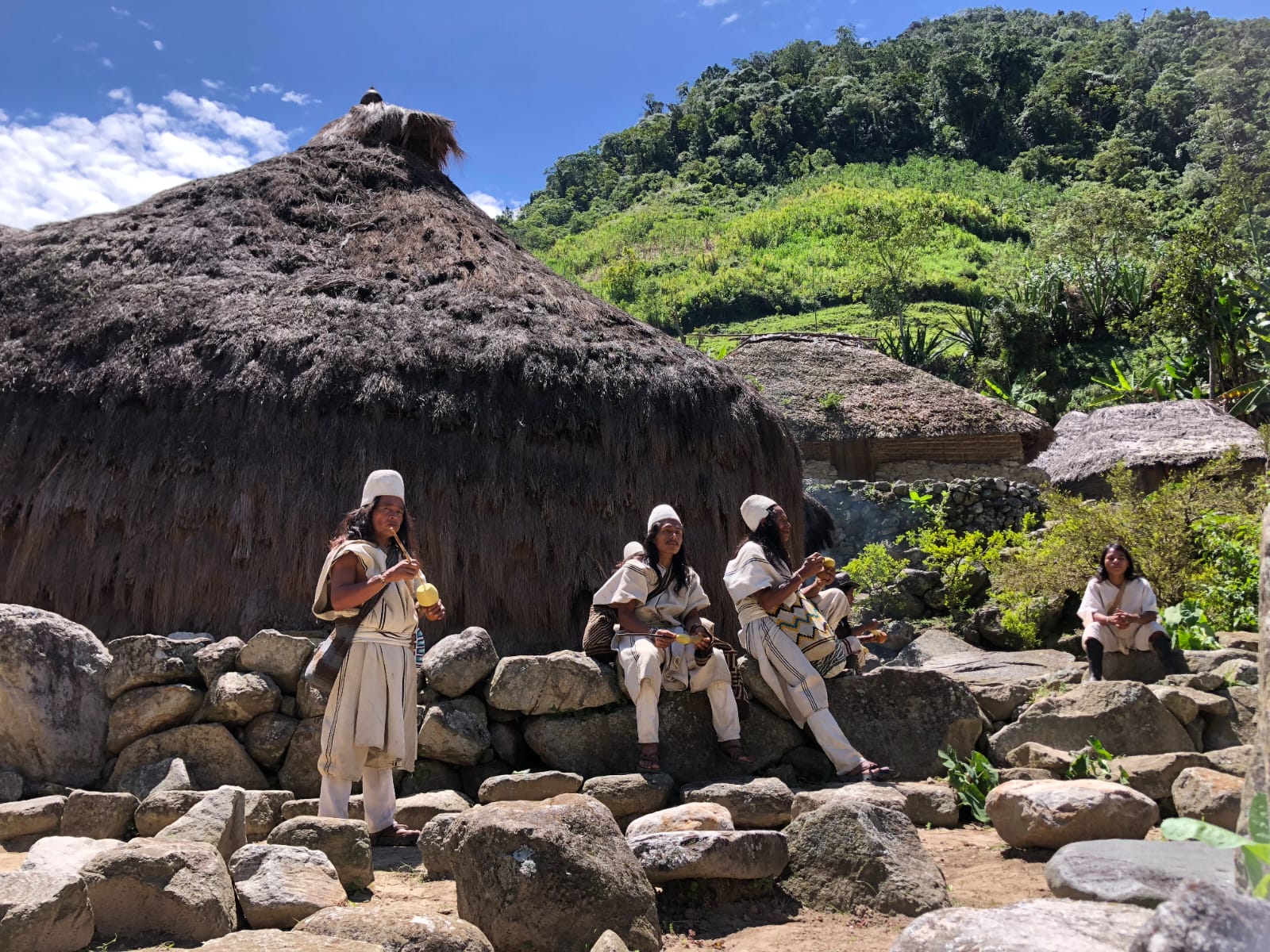All projects that affect them must count on their Free, Prior, and Informed Consent
The protests in Panama have been wide ranging and involve many issues and actors. But one thing is clear, the ‘Cobre Panama’ mine, in the country’s Colón Province, is having a major environmental impact on areas of the Meso-American Biological Corridor, and threatens the territories of Indigenous Peoples. Originally signed in 1997 without bidding, consultation, or environmental impact studies, the initial contract was ruled unconstitutional by Panama’s Supreme Court in 2017, a decision only made public in 2021.
The new contract signed by the Government of Panama with the Canadian Mining Company, First Quantum, was passed through parliament in three days; it extends the life of the concession for at least 20 years (some speculate it may reach 60), and could also expand the area of the mine. As well as issues of corruption, the contract not only includes the same unconstitutional elements as the original, but does not address the environmental or land rights issues, and ignores the desire of the people of Panama, including the Indigenous Peoples, to live in a country free of metal mining.
The rights of Panama’s Indigenous Peoples cannot be ignored or sacrificed, nor can Indigenous territories be violated in the name of economic policy. All extractive projects that affect Indigenous Peoples, land, and culture, must be subject to their Free, Prior, and Informed Consent.




